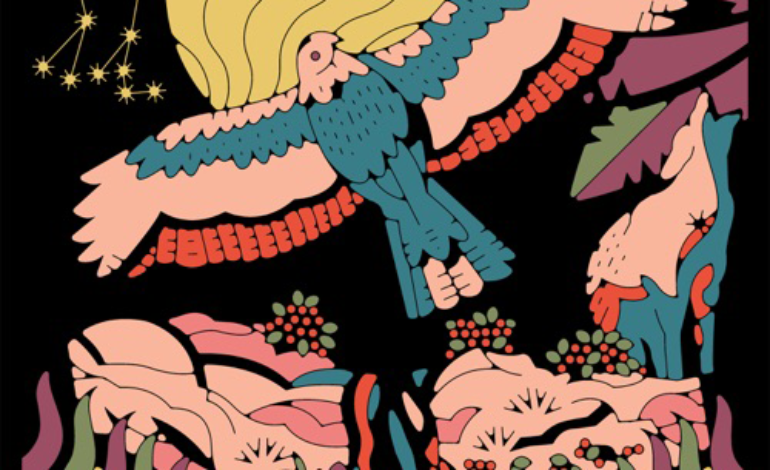

Band’s first ingress of vocals, still meh
The globally-inspired musical trio, Khruangbin, has recently released their third full-length LP, Mordechai. The band is still in their infant stage. Having been conceived a little over a decade ago, and only having two other full-lengths under their belt, they are not yet prolific. Many have tried to articulate their musical style, but it’s pretty inutile, being that they’ve personally admitted to their cosmopolitan affinities that transcend borders, and even continents. Their stylistic influences boast an incredible range, from vintage Thai pop, Iranian funk and soul, even traditional Spanish. However eclectic they are, it seems, in this one, that they lack the dexterity to substantiate their sound.
It starts off as a pure ’70s-esque baby-making album – reverb- and compressor-laden guitar with a bit of wah-modulation give it that heavy sodden drudge as the juicy bassline settles in shortly after. It sounds like the aural equivalent to the mood captured deep in a lightless cavern as droplets drip from stalactite into an obsidian pool; the sound is sort of darkly aqueous. The percussion is light and complementary and nowhere near being too ambitious or greedy in the scheme of sound. It sounds like the quintessential introduction song. It then fades out into cessation.
The second track, “Time (You and I),” enters and picks up where the last song ended. It is only slightly variegated from the first and, on that point, seems to follow the same rudimentary structure. Although very crisp and drum-tight in terms of compositional grace, it’s extremely conventional and derivative, which spotlights their inability to creatively evolve. Disappointingly, the band only looks to bygone influences that have already made their indelible mark in the palimpsest of music specific to the era of its inception.
The third track, “Connaissais de Face,” still gives off the impression that it is the same song only in a new movement. Yet, something distinctive finally happens. There’s this dialogue between a male and a female voice set to the similarly styled guitar as in the previous tracks; it’s breathy, half-eyed and prurient as the voices respond to each other in seductive murmurs. This track emits a nonpareil groove.
But back to the blandness of Mordechai. The rest of the tracks that follow are quickly thrown in as filler, as if added only for the breadth of the piece. The remainder becomes jading because the sound has not only crystallized, but lost its appeal after the first four tracks, or rather maxed out in the first four. It’s full of soulless guitar scales, and it begins to feel like a chore or even a punishment to get through.
The first three tracks are the only ones worth mentioning, while the rest ought to be neglected or discarded to get the fullest, salvageable effect the piece haphazardly attempts. The rest of the tracklist is very much unlike the title to the seventh track, “One to Remember.” The entire album could’ve been condensed into and released as a single. Nonetheless, if people are a die-hard devotee of Khruangbin, they will probably dig it in regard to their risqué, although dismaying, addition of obfuscated singing. Just don’t expect too much out of it, and it won’t expect too much out of you too.
